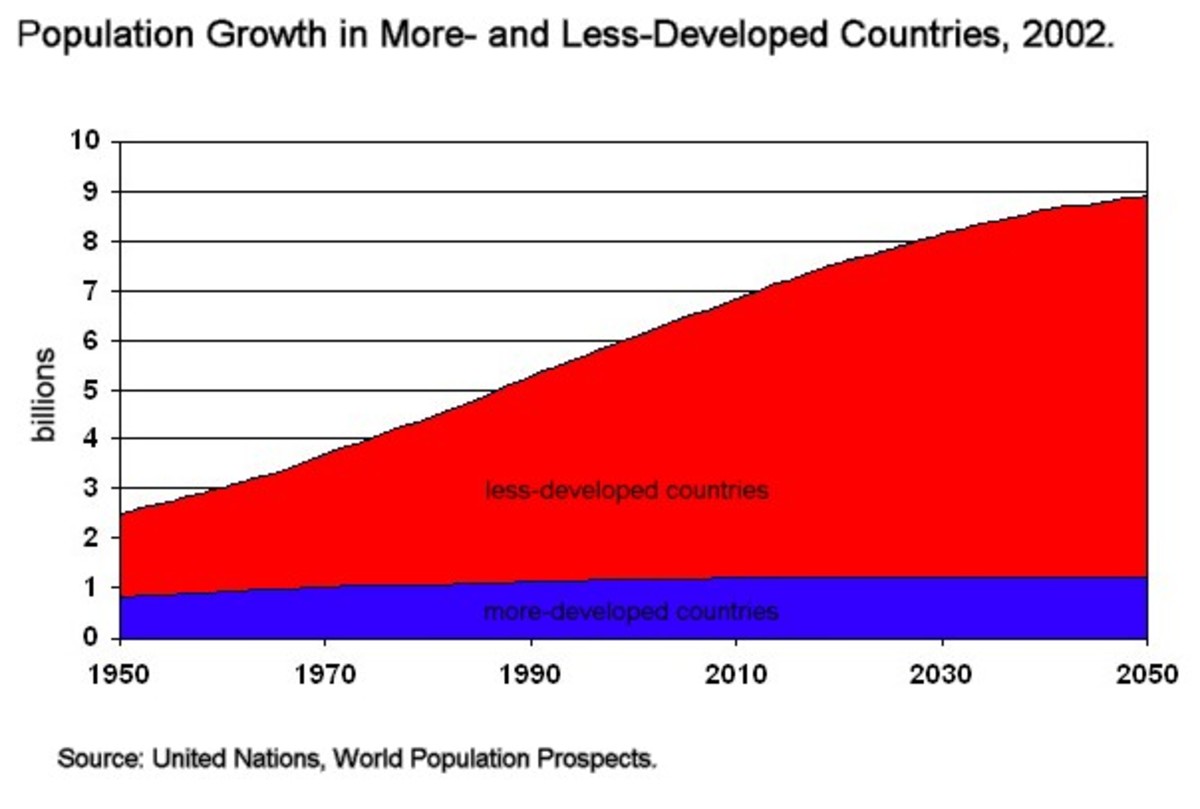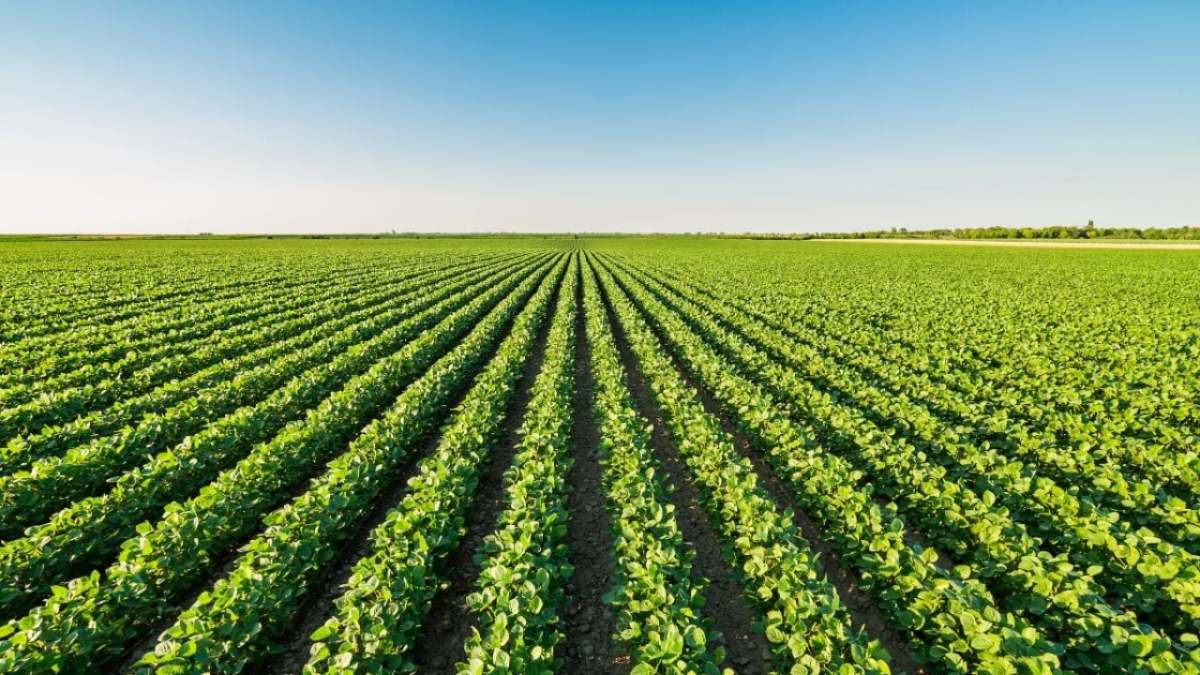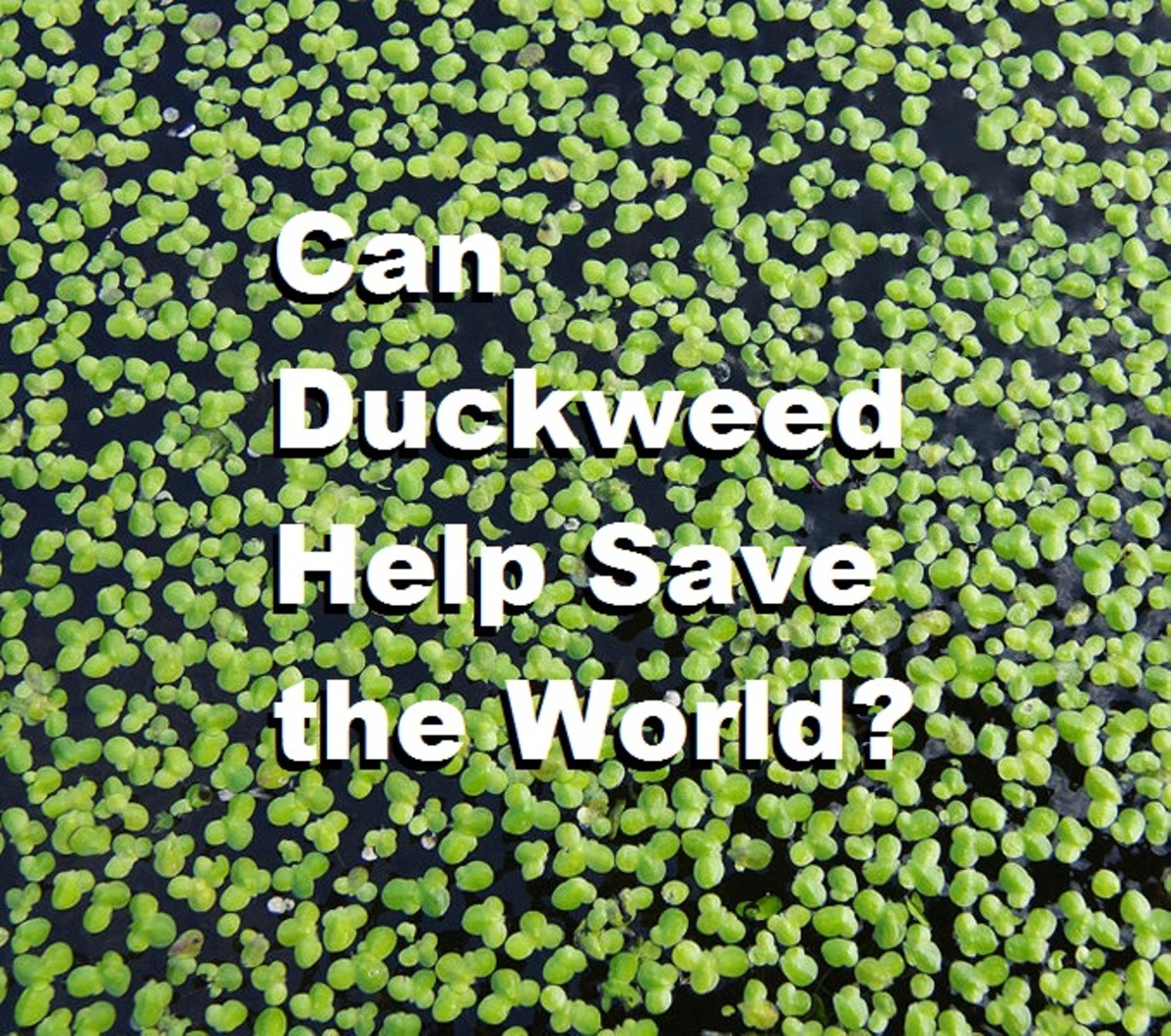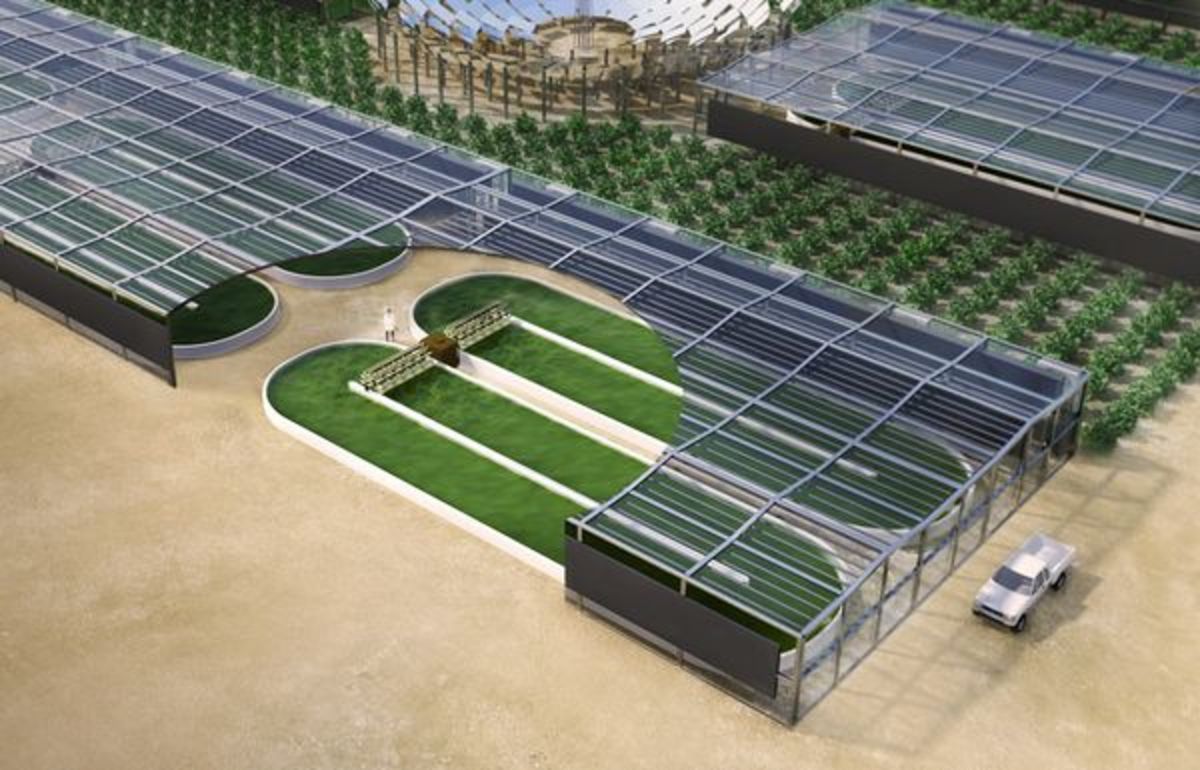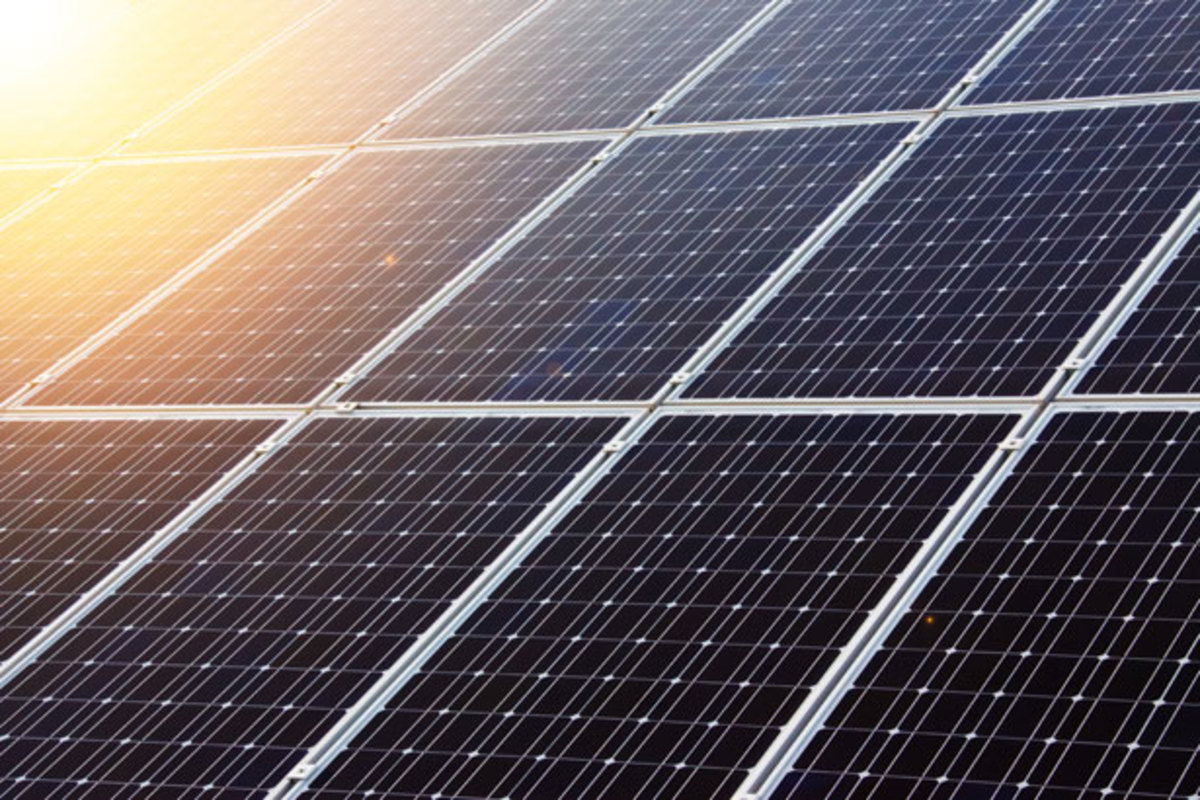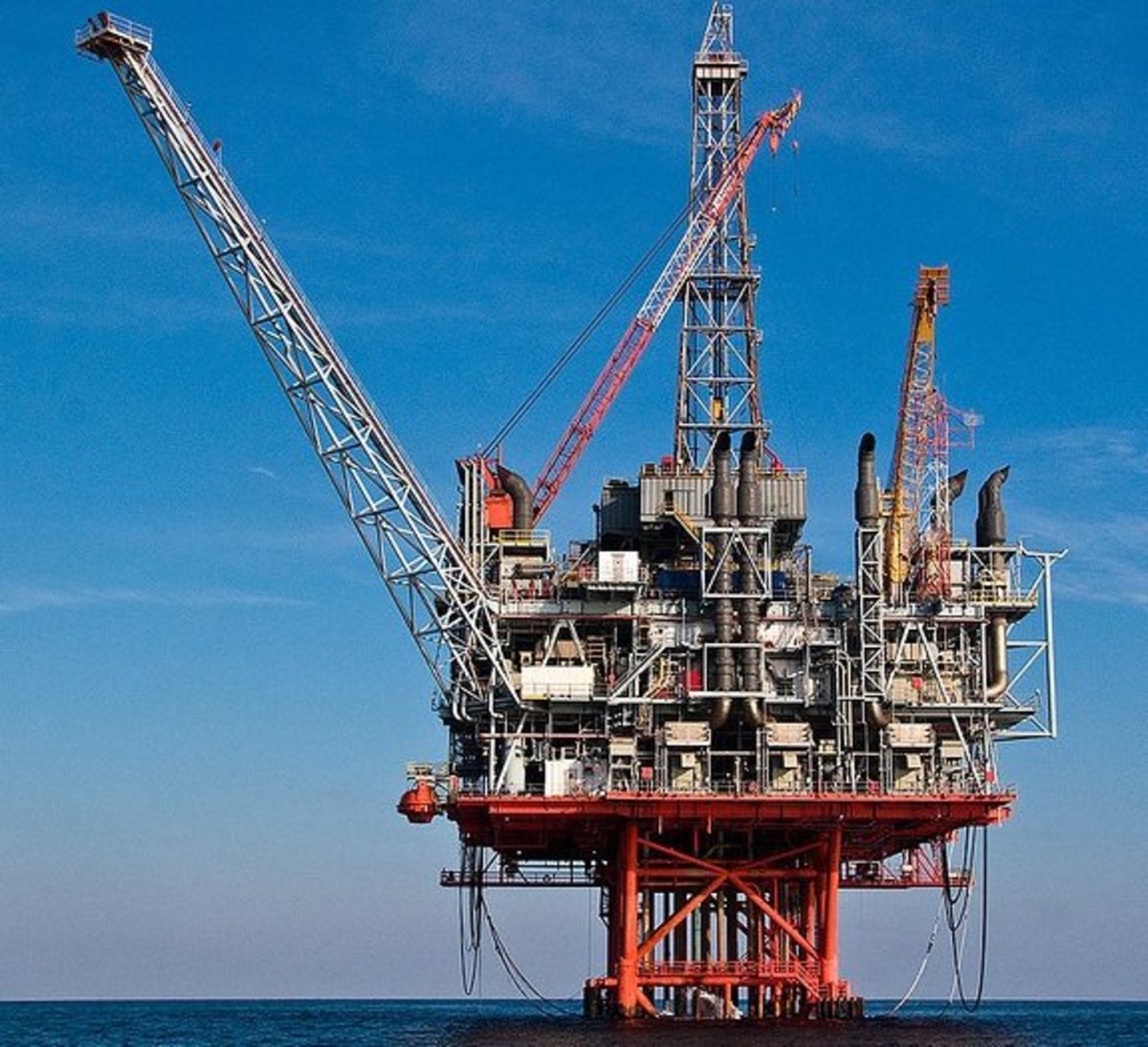Biofuels Are We Sure?
biofuels?
Biofuels are fuels produced from cellulosic biomass resources, such as corn and soybeans. Biofuels include ethanol, biodiesel, and methanol.
Those who support biofuel production tout the benefits such as cleaner air and perhaps the more appealing, freedom from dependence upon oil that comes from other countries.
Now don’t get me wrong, I value clean air but those who oppose biofuels, or at least the rapid adoption of them as a green technology, suggest that biofuels do not burn cleaner than regular gas; at least not sufficient enough to warrant wide scale adoption as a clean air technology.
The desire and need for clean air is not the only force behind the biofuel movement. Farmers across North America and elsewhere are having a difficult time earning a living and the growing of corn or soybeans for fuel production rather than food production is attractive.
Let’s face it if you were a farmer what would you rather grow a crop that did not make you a profit or made so little that you could barely pay the bills; or a crop that paid well and appeared to have an unlimited demand?
A sound bottom line is essential for a business to survive and thrive and farming is a business. So it is no surprise that many farmers are taking acres out of food production and putting it into fuel production.
Now from a consumer perspective, this is where things get complicated. We all want and need clean air; but the first question is will biofuels clean our air?
Until this question is answered without doubt we may be following a path that will be difficult to reverse.
We all want cheap and healthy food. The healthy part should be no problem; eat fresh foods and you are on the right path.
But cheap, the farmer needs to earn a living and one that is plentiful enough to pay the bills and feed the family just as you do. If the farmer cannot earn the money needed by selling food; then it is necessary to seek alternatives, such as growing fuel.
Food prices are rising; gas prices are rising; agriculture is a major user of fossil fuels which makes the two connected. Now, if we take farm land out of food production to grow fuel to lower our dependence upon foreign oil and thereby reduce the supply of food available but do not decrease the demand, in which direction will food prices go?
Arable land suitable for agriculture is already being lost to urban sprawl for example. If we lose anymore farm land n our quest for clean air and oil autonomy what will be the effect on our food supply? We may be exchanging one form of dependence for another and failing to clean the air at the same time.
The move to biofuels is not the economic or environmental silver bullet that many claim it to be; it may be a part of the response to local economic development and cleaner air but rushing in as we seem to be doing into uncharted territory is foolhardy and possibly dangerous.
BIOFUELS: Driving a Catastrophe
Biofuels Revolution
biofuels
- Biofuels - Clean Air Task Force (CATF)
A Clean Air Task Force-supported study by Tim Searchinger and Ralph Heimlich looks at a critical but under-explored issue in biofuels and climate: the effect of increasing demand for arable land to grow biofuels crops.
Cleaner Air
Rising Food Prices
- - Bread Pasta Prices Rise
With the rise in the price of wheat consumers can expect to pay more for bread and pasta for example in the near future; on the other hand farmers are seeing improved profits and opportunities.
Alternative Fuels
- Designing Plants To Provide Larger Quantities of Alternative Fuel
A Purdue research team is studying plant growth and cell wall development. By investigating plant cells at the molecular level, they may be able to design plants that are better sources of alternative transportation fuels. In these three slides, gre


